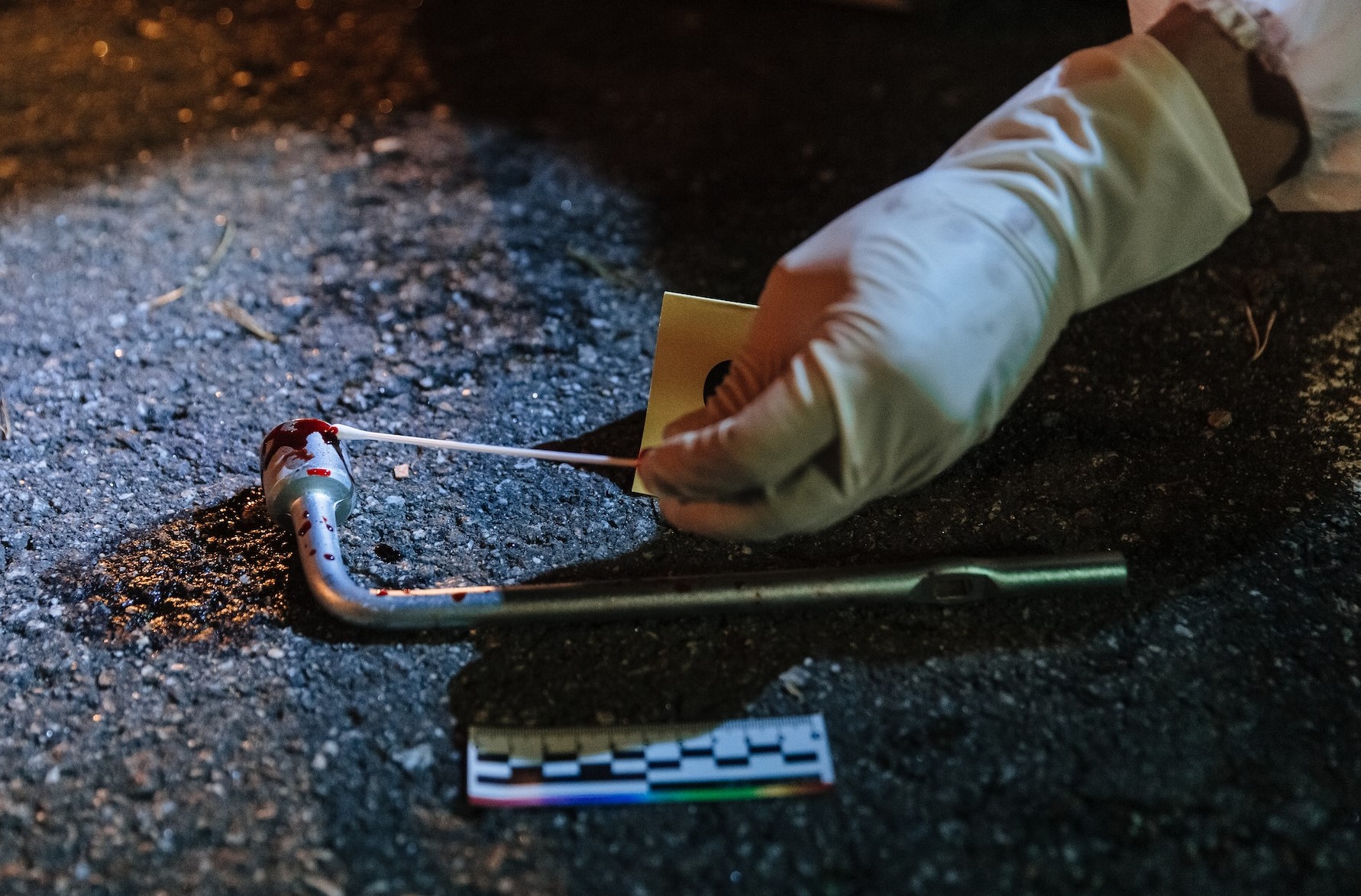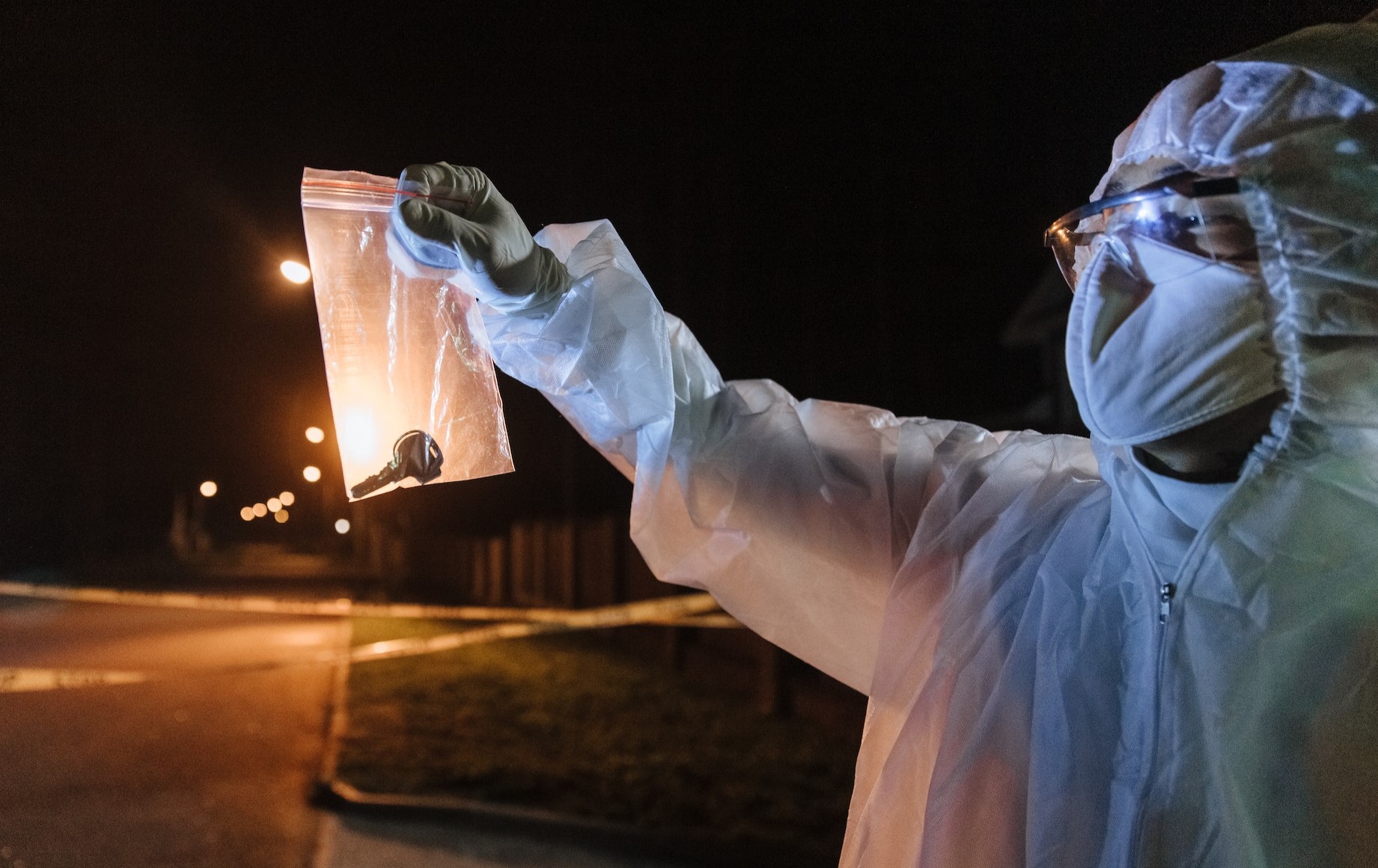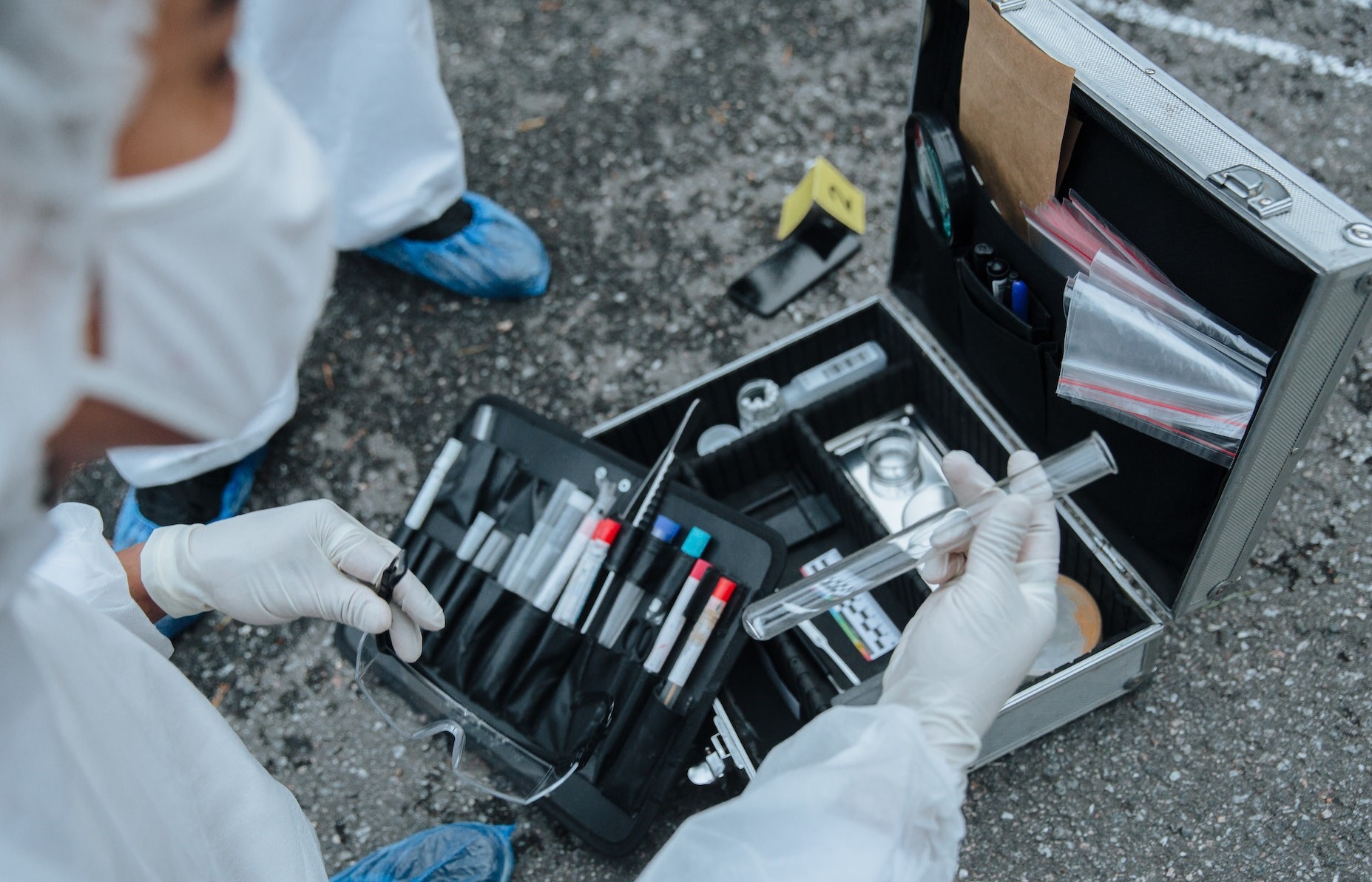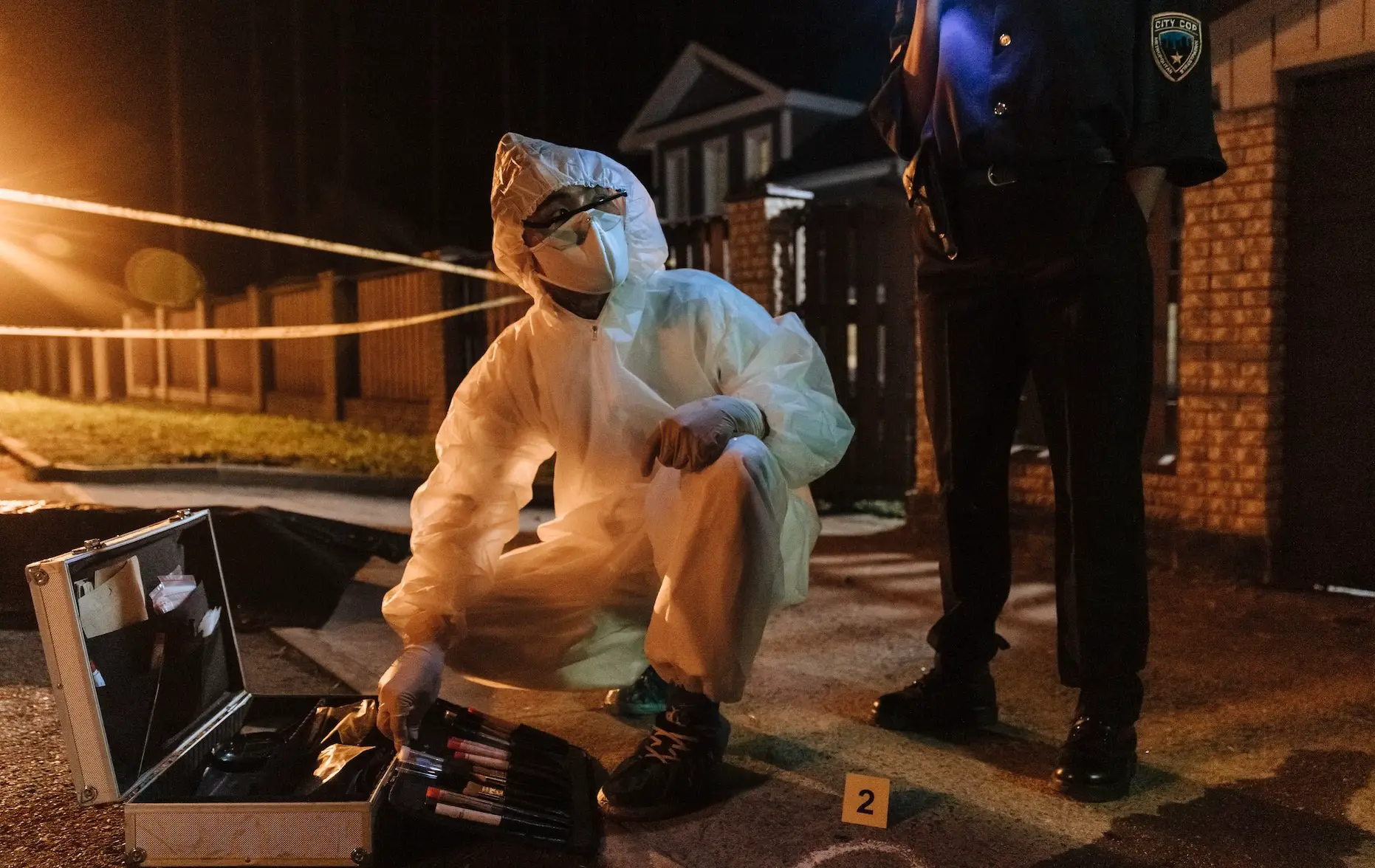In Forensic Science, you can expect it to be one of the most complex skills to learn and considered highly competitive. This is because it plays a role in criminal and civil law and crime scene investigation.
Furthermore, you can use it to solve crimes, determine who might have been there, or learn about illegal business activity. This post will discuss what you can expect regarding forensic science!
Is Forensic Science Hard?
Forensic science is formidable because it explores the unknown, which makes it difficult to understand and accept. Forensic science technicians solve crimes and collect trace evidence to discover the truth behind incidents. The field can be brutally competitive and challenging, and you need excellent research and analytical skills. A undergraduate degree is required; however, an associate’s degree may occasionally be sufficient!
Here are 13 things you can expect in pursuing a forensic science degree. Let’s find out!
1. Element of the Criminal Justice System
A significant element of the criminal court system is forensic science.
To provide objective judgments that can contribute to the prosecution and investigation of criminal offenders, forensics experts look into and evaluate forensic evidence and other data.
Technicians in forensic science also produce a report and give testimony at trial. In addition, they interact with experts and other law enforcement personnel regularly.
The discipline of forensic science pulls from scientific fields, including material science, biochemistry, and human physiology, focusing on the characterization and assessment of physical proof.
2. Brutally Competitive
One of the most challenging disciplines to acquire and master is forensic science, and it’s highly competitive.
A degree in forensic science is your best choice if you have a strong, sharp mind, a passion for solving cases, and considerable mathematical skills.
Although these courses are challenging, they are necessary for you to become an ethical and productive forensic investigator.
However, forensic science is still a viable degree choice for those passionate about gathering and evaluating facts using scientific methodologies to fight crime!
3. Collecting Trace Evidence

Forensic scientists collaborate with law enforcement officers to examine the evidence collected during criminal cases.
Following thorough criminal investigation procedures, the samples are packed, recorded, and submitted to a forensic laboratory for analysis.
Although forensic experts may also work in the field, they mainly work in laboratories.
It takes two years to complete an associate’s degree in forensic science, four years to achieve a bachelor’s, and one to two years to obtain a master’s.
4. Graduate Degree
Several associate degree courses are available for aspiring forensic science specialists. These programs include coursework in criminal procedure and fundamental science.
On the other hand, those who want to specialize in forensic science must first earn a bachelor’s degree in a field related to the human sciences.
In addition, they should plan to complete any required on-the-job preparation, and they can choose to attend graduate school to advance their career.
Seeking a degree in forensics requires discipline, commitment, hard work, and effort.
5. Tough Classes
You will encounter challenging subjects in this degree like,
- criminalistics,
- forensic molecular biology,
- chromatography and electrochemistry,
- drug chemistry and toxicology, and
- historical forensic identification.
Additionally, a further common application of mathematics in forensic science is trigonometry, which is the analysis and measurement of angles.
For example, trigonometry is used by bloodstain pattern experts to evaluate how accidents cause blood to scatter on surfaces and other materials!
6. Internships
Interns in this discipline support administrative work or the streamlining of lab procedures alongside research and reporting.
Typically they have completed a degree in a discipline like criminal law, law, health, science, and technology.
Most of the time, forensic scientists are not required to be accredited or licensed by legislation.
However, some institutions provide certification for qualifications in
- forensic toxicology,
- criminalistics, and
- documentary review!
7. Forensic Investigations

Forensic science students regularly perform biochemical, genetic, and microbiological analyses on evidence gathered from criminal investigations in laboratories and outside lab settings.
You can intern and work for around ten weeks with the Bureau of Investigation over the summer. Students claimed they had the chance to observe the coordination and communication between different agencies, lawyers, and police agencies.
8. Science and Problem Solving
Forensic science is among the most rigorous courses of study for some students.
To work as a forensics expert, you must have outstanding problem-solving, reasoning, and cognitive skills.
This may not be your field if you dislike science, rigorous research, and tedious work.
However, this can be an excellent field for you if you love science, enjoy problem-solving, and are a good communicator!
9. Heavy Workload
You’ll experience routine tasks, like time spent in college or work writing reports and preparing for lab trips. Other days, it can require attending a lab or appearing in court as an eyewitness.
These cases frequently include suffering and loss of life. Therefore, you must prepare as a forensic science student to maintain a positive outlook when working under challenging conditions.
As a result, students majoring in forensic science typically
- don’t have time to maintain their social
- work long hours to complete deadlines and
- handle heavy caseloads!
10. Handling Fatalities
Some students are responsible for handling every component of the lab work, including replicating DNA evidence they would utilize to run the program.
In addition, some students work at Sheriff’s Office, where they could join the CSIs at crime scenes such as fatalities, thefts, burials, and automotive handling.
If you want to succeed as a forensics student, concentrate on lawmakers’ advice, ‘that guilt shall not escape nor innocence suffer“.
11. Academic Fees

As you can see, the cost of tuition for a forensic science curriculum will be between $7000 to $24,000 annually on average.
Students who cannot apply for standard on-campus programs should consider earning their credentials online. The estimated yearly range is $12,552.
Additionally, if you’re seeking to enhance your skills and go overseas, obtaining a master’s degree could cost you $7394.07.
12. Forensic Tools and Equipment
Forensic lab equipment consists of standard laboratory instruments like chromatographs and spectrometers to complete fuming chambers for raising latent fingerprints.
However, a student won’t necessarily buy this as universities provide these options.
At the same time, forensic students can accurately capture a crime scene using cameras, camcorders, and recording devices. Since a 35 mm camera is user-friendly and generates higher photographs, this is generally what they prefer to use!
13. High Earning Potential
According to the Bureau of Labor Statistics (BLS), the recruitment of forensic scientists will rise by 11% annually until 2030.
A career in forensic science has very high net worth potential. Forensic scientists expect an average income of $66,550 with top earners making over $114,000.
BLS estimate 2,000 positions to be created for forensic science specialists annually.
To learn more, you can also see our posts on Biomedical Science and Public Health.
Conclusion
Forensic science is a complex stream and a course that students can take to enhance their knowledge of the law and how it impacts society.
You will be able to gain plenty of information about the process of collecting and testing evidence, ensuring that criminals get punished.
Ultimately, studying forensic science could be a good option if you can handle pressure because of academics and work life.

